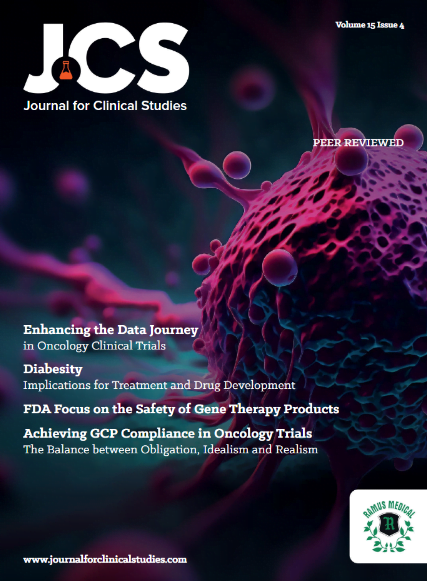That didn’t take long. Just days after resubmitting its application to the FDA, Merck nabbed an approval Tuesday for a new, more convenient Keytruda dosing regimen
The FDA green light cleared the immuno-oncology blockbuster for use every six weeks—rather than every three—across all of Keytruda’s approved indications, on its own and in combination with other meds.
Merck will continue selling the current regimen of 200mg every three weeks. But the 400mg, 6-week version will be a more convenient—and safe, amid the COVID-19 pandemic—option for patients, who will need to show up half as often to receive the drug.
“The important social distancing measures for COVID-19 have created a number of challenges for people with cancer, including keeping to planned treatment schedules,” Roy Baynes, M.D., Merck senior vice president and head of global clinical development, said in a statement, adding that the new OK “gives doctors an option to reduce how often patients are at the clinic for their treatment.”
The pandemic is hurting many drugmakers as patients do their best to stay away from treatment centers and hospitals pivot to battle COVID-19. But earlier Tuesday, Merck said it would be hit especially hard thanks to a portfolio heavy on physician-administered drugs—Keytruda included.
The company expects a $2.1 billion bite out of 2020 sales in human and animal health products from the pandemic, it said.
Meanwhile, the nod comes just five days after the New Jersey drugmaker resubmitted its application to the FDA after a February rejection. The company never provided a reason for the agency’s cold shoulder; at the time, it simply said it was reviewing the FDA’s complete response letter and would discuss next steps with the regulators.
The new nod also follows close on the heels of data presented virtually at the American Association for Cancer Research’s annual meeting, which showed the two dosing regimens had produced similar response rates among melanoma patients, “indicating similarity of efficacy,” researchers wrote in an abstract.















